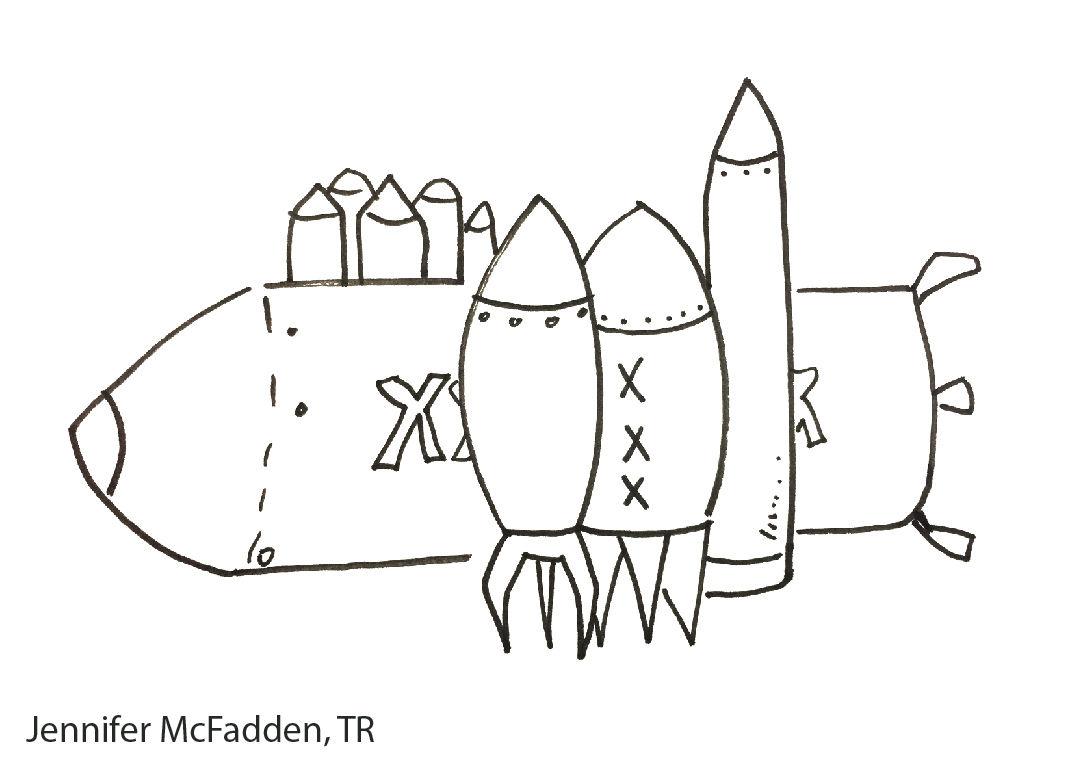Former President Barack Obama’s has two agreements he can claim as his foreign policy: the Paris Climate Accords and the Iran nuclear deal.
The U.S. has pulled out of the Paris Climate Accords by President Donald Trump’s order, and by Trump’s orders this October, the U.S. is dangerously close to pulling out of the latter.
With North Korea showing the U.S. how terrifying a new nuclear age can be, now is not the time to be challenging a deal preventing a nuclear-armed Iran.
The Iran nuclear deal, or Joint Comprehensive Plan of Action, is simple. The sanctions put on Iran by the U.S. and its allies, which were costing Iran $160 billion in lost oil revenue from 2012 to 2016, were lifted, but Iran had to sign on for limitations to their nuclear program.
First, Iran could only keep up to 3.67 percent enriched uranium, far from the 90 percent enriched uranium needed to build a nuclear weapon, and they had to lower their uranium stockpile by 98 percent.
Second, they had to adjust their heavy water program, which could have produced plutonium suitable for a nuclear weapon. Finally, Iran’s nuclear facilities had to be inspected by the International Atomic Energy Agency, a global nuclear watchdog, every 90 days to ensure Iran was not in violation. Iran must comply within 24 days if the IAEA wishes to do a random search.
Due to the restrictions outlined in the deal, it would now take Iran a whole year to create a nuclear weapon if they went against the agreement, rather than the two to three months it would have taken before the agreement.
The deal has been working just as planned. According to the IAEA report on Aug. 31, Iran is in keeping with the deal, and General Joseph Dunford, chairman of the Joint Chiefs of Staff, said in September the deal was working and had not been violated.
“The [Joint Comprehensive Plan of Action],” Dunford said, “has delayed Iran’s development of nuclear weapons.”
Even within the Trump administration, Secretary of State Rex Tillerson said in September Iran is in “technical compliance.” This bad deal Trump keeps talking about is non-existent. Iran gets relief from crippling United Nations sanctions, and America does not have to worry about Iran destabilizing the Middle East with nuclear weaponry.
Despite all of this, Trump has now refused to re-certify the deal, and it is up to Congress whether the U.S. should stay in the deal. However, it seems like a no-brainer.
Iran has not violated the deal in any meaningful sense, and the deal is keeping another nuclear power from forming. The Trump administration keeps going on about the “sunset clause,” meaning the deal ends in 2025, but nothing is stopping the international community from renegotiating when 2025 comes around.
Furthermore, America will ruin its standing in the international community if it pulls out of the deal, and will especially ruin any further diplomatic solutions with Iran. No one trusts anyone who pulls out from a deal once it is signed.
Iran nuclear deal must continue
About the Contributor

Dylan Bufkin, Former Editor-in-Chief
Dylan Bufkin served as the Editor-in-Chief of The Reflector from 2020 to 2021.
He also served as the Opinion Editor from 2019 to 2020.


























































































